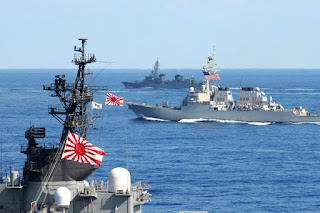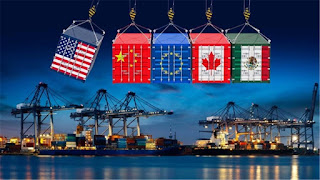JMD on NBN: Nicholas Walton, Singapore, Singapura, From Miracle to Complacency

Nicholas Walton Singapore, Singapura From Miracle to Complacency Hurst 2019 September 27, 2019 James M. Dorsey Nicholas Walton’s Singapore, Singapura: From Miracle to Complacency (Hurst, 2019) is far more than a portrait of the rise of a resource-poor nation that has become a model of economic development, governance and management of inter-communal relations. Part travelogue, part history, Walton charts the opportunities and pitfalls confronting small states that have become particularly acute in an era of identity politics and civilizational leadership. Potential threats include not only the Singapore’s struggle to insulate itself from global trends as well the impact of the rise of ultra-conservative attitudes in its majority Muslim neighbours, Malaysia and Indonesia, but also increased difficulty in balancing rival powers China and the United States. If that were not enough, Singapore is juggling multiple issues a


